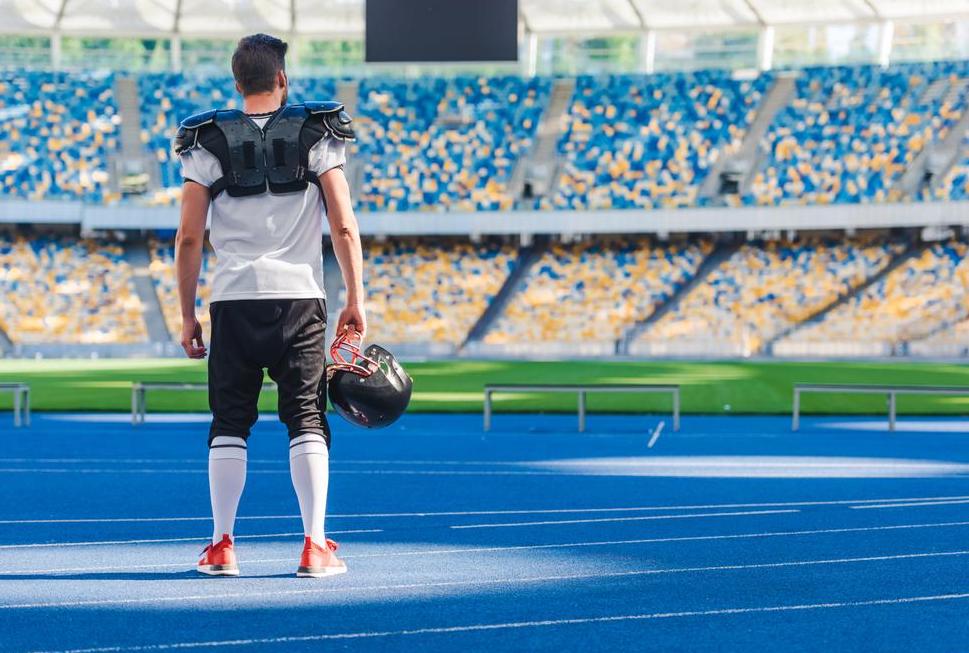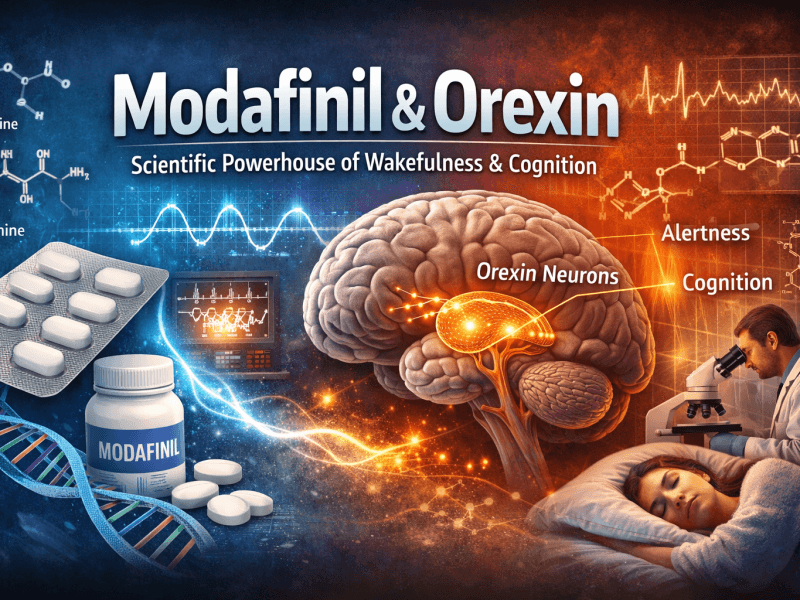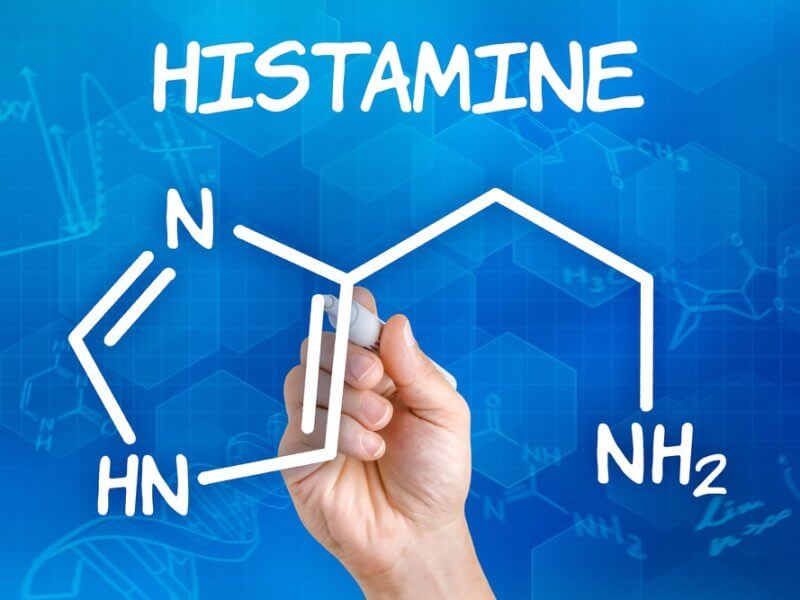Modafinil for Athletes: A Comprehensive Guide
Modafinil has gained attention in the world of sports due to its cognitive and wakefulness promoting properties. Originally developed as a treatment for narcolepsy and other sleep disorders, modafinil is now being explored by athletes seeking improved focus, endurance, and performance. However, its use remains a controversial topic, with ongoing debates about ethics, health implications, and legal status.
The Benefits of Modafinil for Athletes
Athletes operate in high pressure environments, requiring extreme focus, endurance, and mental resilience. Some key benefits of Modafinil for athletes include:
- Enhanced Cognitive Function: Modafinil improves alertness, memory, and reaction time, which can be crucial in competitive sports.
- Reduced Fatigue: Athletes who undergo long and intense training sessions may experience reduced physical and mental fatigue while using modafinil.
- Increased Motivation and Focus: The drug enhances dopamine release, helping athletes stay motivated and avoid distractions during performance.
- Improved Endurance and Stamina: While not a direct performance enhancer, modafinil helps athletes push through long workouts by mitigating the effects of exhaustion.
Controversial Use of Modafinil in Sports
Despite its potential benefits, the use of modafinil in sports is highly controversial due to the ethical and regulatory issues surrounding its consumption. The World Anti Doping Agency (WADA) classifies modafinil as a banned substance, considering it a performance enhancing drug that provides an unfair advantage.
Athletes caught using modafinil in professional competitions face serious consequences, including suspensions and bans. Some high profile doping cases have involved modafinil, sparking debates about the boundaries of fair play in competitive sports.
Health Implications of Modafinil Use for Athletes
While modafinil is considered relatively safe when used appropriately, athletes must be aware of potential side effects and risks, including:
- Increased Heart Rate and Blood Pressure: Modafinil can cause cardiovascular strain, which may be risky for athletes undergoing intense physical activity.
- Dehydration and Overheating: Since the drug reduces the perception of fatigue, users might overexert themselves, leading to overheating and dehydration.
- Insomnia and Sleep Disruptions: Modafinil wakefulness promoting effects can interfere with sleep cycles, leading to chronic sleep deprivation in athletes who rely on rest for recovery.
- Psychological Effects: Some users report increased anxiety, irritability, and mood swings, which can impact performance and overall well being.
Legal and Regulatory Perspectives on Modafinil in Sports
Modafinil is strictly regulated in professional sports. Organizations like WADA, the International Olympic Committee (IOC), and major sporting federations have banned its use in competition, classifying it as a stimulant that provides an unfair competitive edge.
Athletes must be cautious when using any supplement or medication, as testing positive for banned substances can result in career damaging consequences. Many sports teams and organizations conduct random drug tests, making it essential for athletes to verify the legality of substances they consume.
Modafinil Prescription in the U.S.
In the United States, modafinil is classified as a Schedule IV controlled substance, requiring a doctor prescription. It is commonly prescribed for narcolepsy, shift work sleep disorder, and obstructive sleep apnea, but off-label use for cognitive enhancement has surged.
Athletes seeking modafinil for performance enhancement must be aware of the legal risks. Unauthorized use or possession without a valid prescription can lead to legal consequences, including fines and criminal charges.
Future of Modafinil in Sports
The future of modafinil in sports remains uncertain. With ongoing research into nootropics and performance enhancing drugs, there may be potential revisions to regulations in the coming years. Some experts advocate for a reevaluation of modafinil’s classification, especially in non-endurance based sports where its effects are primarily cognitive.
As science continues to uncover new information about modafinil impact on athletic performance, discussions on ethics, fairness, and athlete well being will shape the drug future in competitive sports.
Modafinil in Tests for Banned Substances in Athletes
Since modafinil is banned by WADA, athletes undergo rigorous testing to detect its presence. Standard anti doping tests can identify modafinil through urine and blood samples, with detection windows ranging from 24 to 72 hours after ingestion.
Professional athletes must be vigilant about substances they consume, as even trace amounts of modafinil can result in positive doping tests and severe penalties. Many sports organizations have strict zero tolerance policies, making it crucial for competitors to remain informed about banned substances.
Conclusion
Modafinil remains a controversial yet intriguing substance in the world of sports. While it offers potential cognitive and endurance benefits, its use is fraught with legal, ethical, and health-related concerns. Athletes considering modafinil must weigh the risks of doping violations, side effects, and long term consequences before deciding to use the drug.
As regulations evolve and research continues, the debate over modafinil’s role in sports will persist. For now, professional athletes must adhere to strict anti doping regulations and avoid the use of banned substances to ensure fair competition and compliance with sporting authorities.
‼️ Disclaimer: The information provided in this article about modafinil is intended for informational purposes only and is not a substitute for professional medical consultation or recommendations. The author of the article are not responsible for any errors, omissions, or actions based on the information provided.
References:
- Kaufman, K. R. Modafinil in sports: Ethical considerations. British Journal of Sports Medicine. 2005
- M. Dresler .Non-pharmacological cognitive enhancement. Neuropharmacology. 2013
- U. Müller. Effects of modafinil on non-verbal cognition, task enjoyment and creative thinking in healthy volunteers. Neuropharmacology. 2013
- D. Getsios. An economic evaluation of early assessment for Alzheimer’s disease in the United Kingdom. Alzheimers Dement. 2012
- S. Sattler. Evaluating the drivers of and obstacles to the willingness to use cognitive enhancement drugs: the influence of drug characteristics, social environment, and personal characteristicsSubst Abuse Treat Prev Policy. 2014
- M.J. Minzenberg. Modafinil: a review of neurochemical actions and effects on cognitionNeuropsychopharmacology. 2008
- N.D. Volkow. Effects of modafinil on dopamine and dopamine transporters in the male human brain: clinical implicationsJAMA. 2009
- L. Scoriels. Modafinil effects on cognition and emotion in schizophrenia and its neurochemical modulation in the brainNeuropharmacology. 2012
- T.J. Lyons. Modafinil: the unique properties of a new stimulantAviat Space Environ Med. 1991


